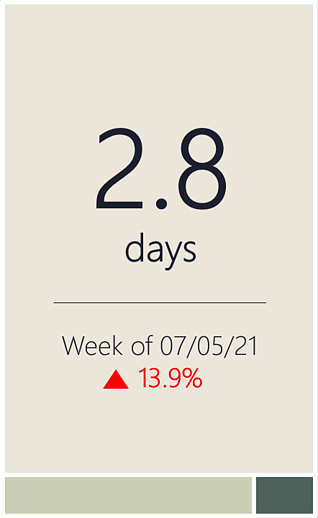At Advocus Title, our team works to prepare your borrowers’ title commitments as quickly, smoothly, and accurately as possible. To produce the title commitment, we conduct a search through both land and name records for judgements and other adverse items against the borrower that could affect the title on a property. A judgment against a homeowner signifies that money is owed to a creditor, and typically attaches as a lien against their property which must be removed prior to closing.
During the search process, numerous records such as judgements against people with the same name as your borrower may turn up. To determine that the judgements are not against your borrower, we typically need the borrower to complete and return a personal information statement. A personal information statement asks for the borrower’s Social Security number, date of birth, maiden/married/alternate names, and 10-year address history.
If a personal information statement is needed, we ask you to encourage your borrowers to complete and return the form to our clearance team as early as possible, as this allows us to expedite the overall title process and helps eliminate last-minute surprises or delays at closing. For any questions about possible judgements or personal information statements, feel free to reach out to our customer support team via form, email, or phone.

Faster Closings with Faster Turntimes
At Advocus Title, we know that you want to provide your borrower with the fastest closing experience in the market. That’s why we are committed to reducing our turntimes throughout 2021 to provide you with best-in-class speed to close. To provide transparency and allow you to best manage your closing process, we publish our state-by-state turntimes to an initial title commitment on the GR Intranet. Check out the latest to see how Advocus Title can help improve your speed to close.


